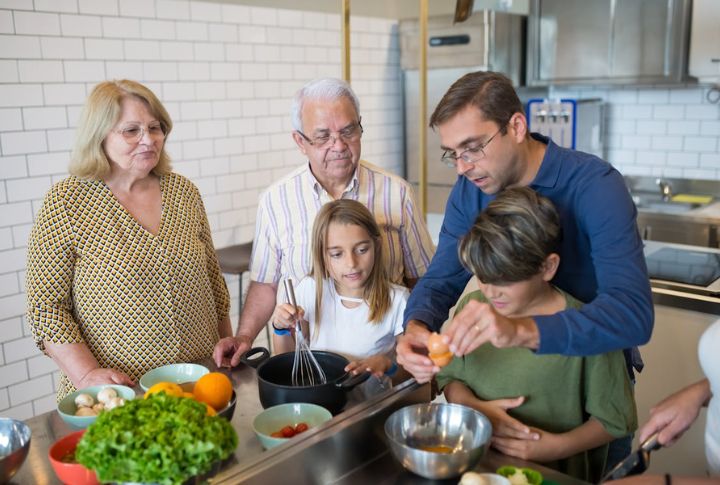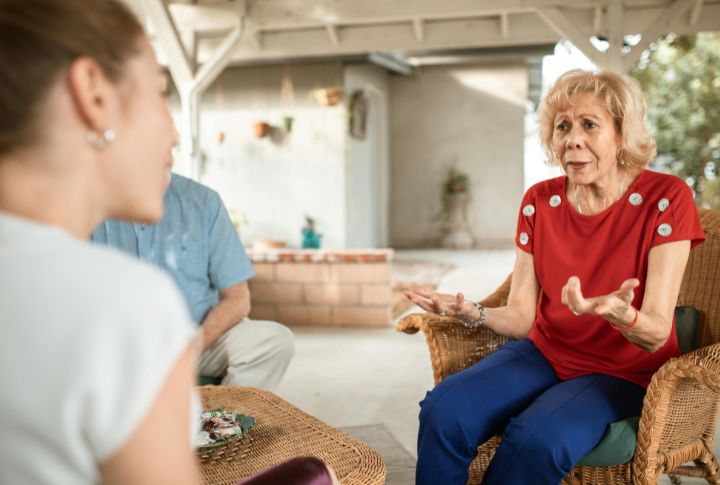
There’s something quietly powerful about watching your children grow up. And while the parenting role may shift over time, the connection doesn’t have to fade. This next chapter offers a new kind of closeness, one built on mutual respect. It’s all about the small, intentional acts that nurture emotional safety. Let’s explore some habits that can gently transform how you connect with your adult children.
Call Without A Reason

Not every conversation needs a purpose. Sometimes, a simple “Just wanted to hear your voice” goes further than an entire checklist of questions. Random calls with no agenda tell your adult child that you think of them even when you don’t need anything. These low-pressure moments of connection build a strong foundation.
Honor Their Boundaries

Respecting their space is one of the most profound ways to say, “I trust you.” It can be tempting to overreach, especially when you think you’re helping. But giving your adult child room to navigate their life shows that you value their autonomy. Boundaries don’t mean distance; they mean mutual respect.
Speak As Equals

The power dynamic shifts once your child becomes an adult, and recognizing that can change everything. Speaking with them, rather than at them, opens up a more honest and respectful dialogue. Remember that honest thoughts come more easily when they aren’t being corrected.
Celebrate Every Success

You need to cheer them on in their journey, no matter the size of the win. Your voice still carries weight, and your validation still matters. A quick “I’m proud of you” can mean the world, even if they don’t say it aloud. When you notice the little things, they feel truly seen, and that is a powerful feeling.
Ask Their Opinion

There’s something incredibly healing about a parent asking, “What would you do?” It tells your adult child that their perspective matters. This kind of role reversal deepens your bond. Sharing decisions or simply being curious about their perspective on something personal creates emotional equality.
Share Something Funny

Laughter bridges gaps that even words can’t. Sending a nostalgic throwback or a voice note of you laughing at your joke helps lighten the mood and keeps things current. Humor doesn’t require deep talks or heavy emotion. It’s just a connection, made easy. And it’s often the start of more heartfelt conversations down the road.
Be There Anyway

Sometimes, your child faces stress without saying much. You may not know what to do, but being there helps more than you think. No advice is needed. Just staying close, without pressure, offers a kind of support that feels steady, safe, and deeply personal.
Apologize Without Excuses

Even after years pass, pain can stay present. A true apology, free of defense or blame, can help restore trust. The moment you admit fault with no conditions, you give your child a powerful message: that your relationship matters more than the discomfort of being wrong.
Support Their Parenting

Grandparenting works best when rooted in quiet strength, not control. Your child needs space to parent in their own way. Avoid stepping over boundaries. Instead, back their choices, show trust, and your presence will feel like comfort—not correction—in the daily rhythm of their new family.
Share Honest Regrets

No parent is perfect, and pretending otherwise only builds emotional walls. When you gently open up about past mistakes or things you wish you’d done differently, it creates space for healing. That honesty invites your adult child to share their own feelings too. Vulnerability is powerful.

